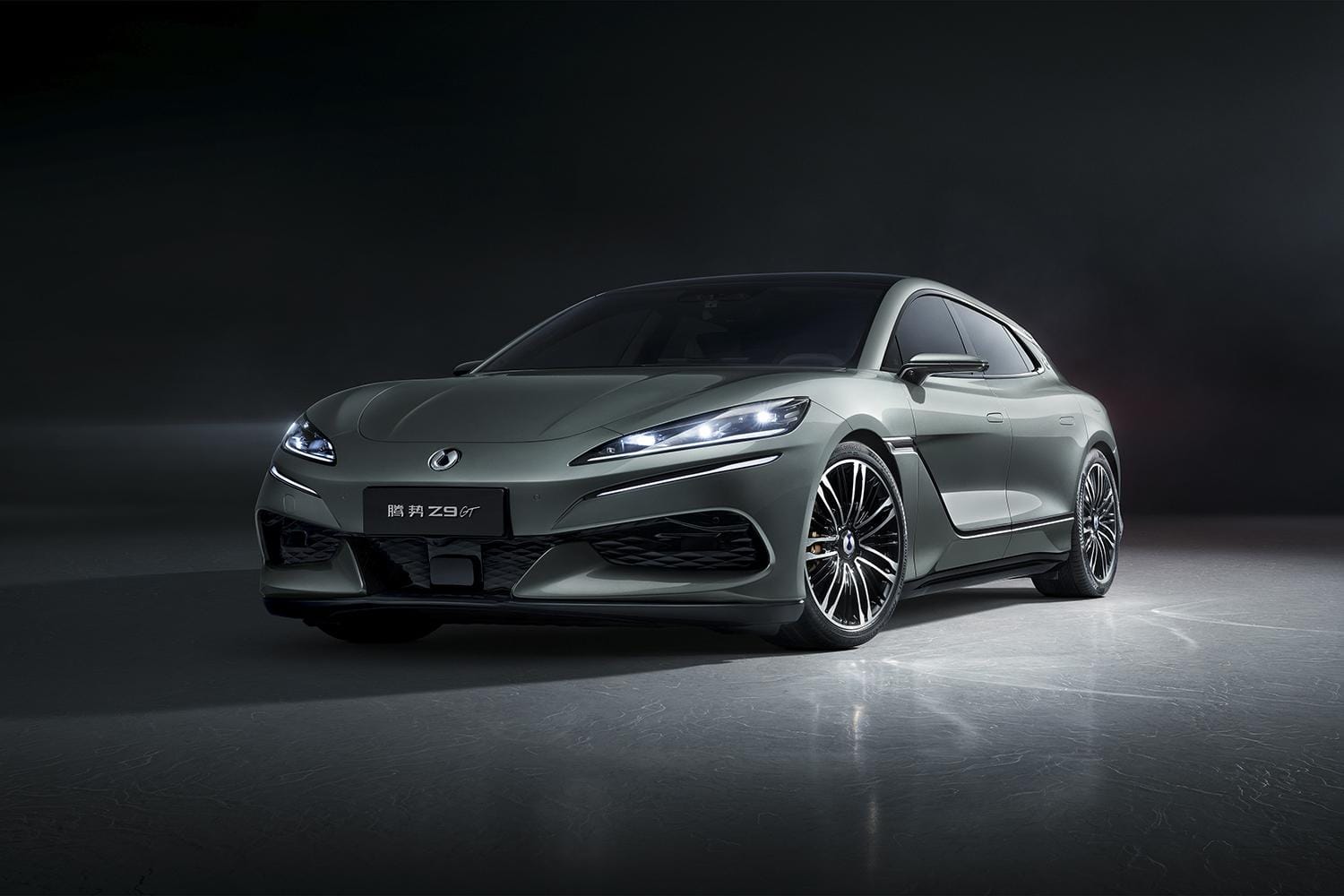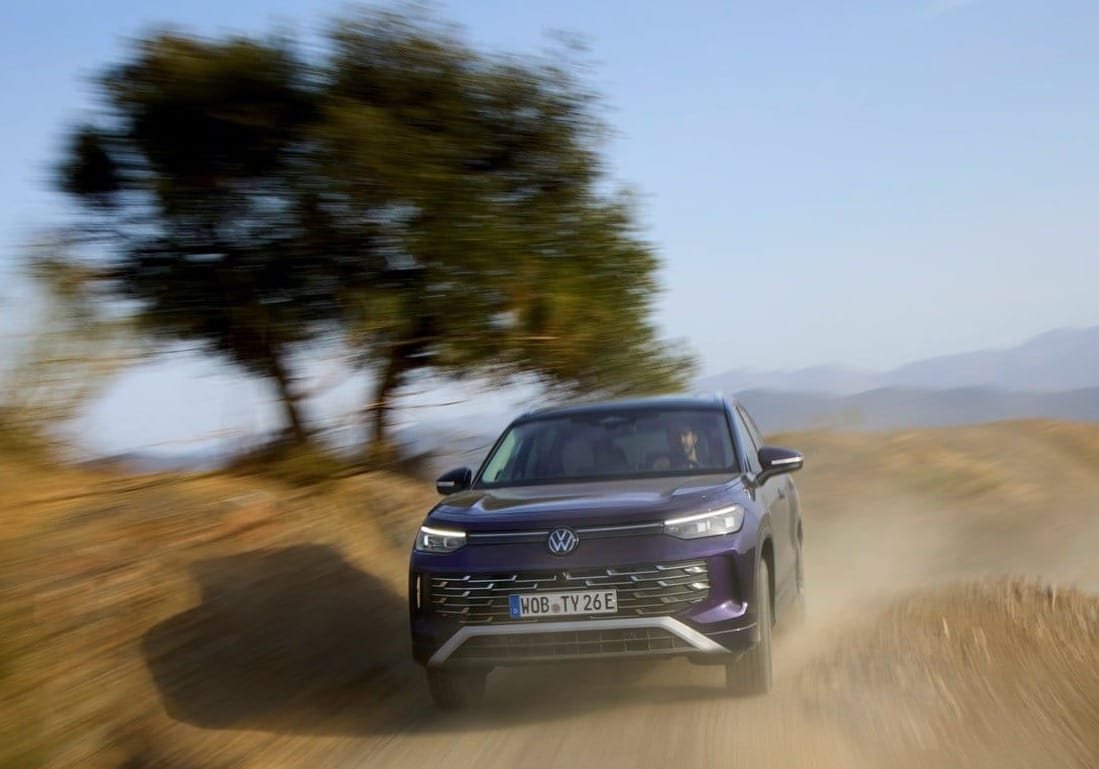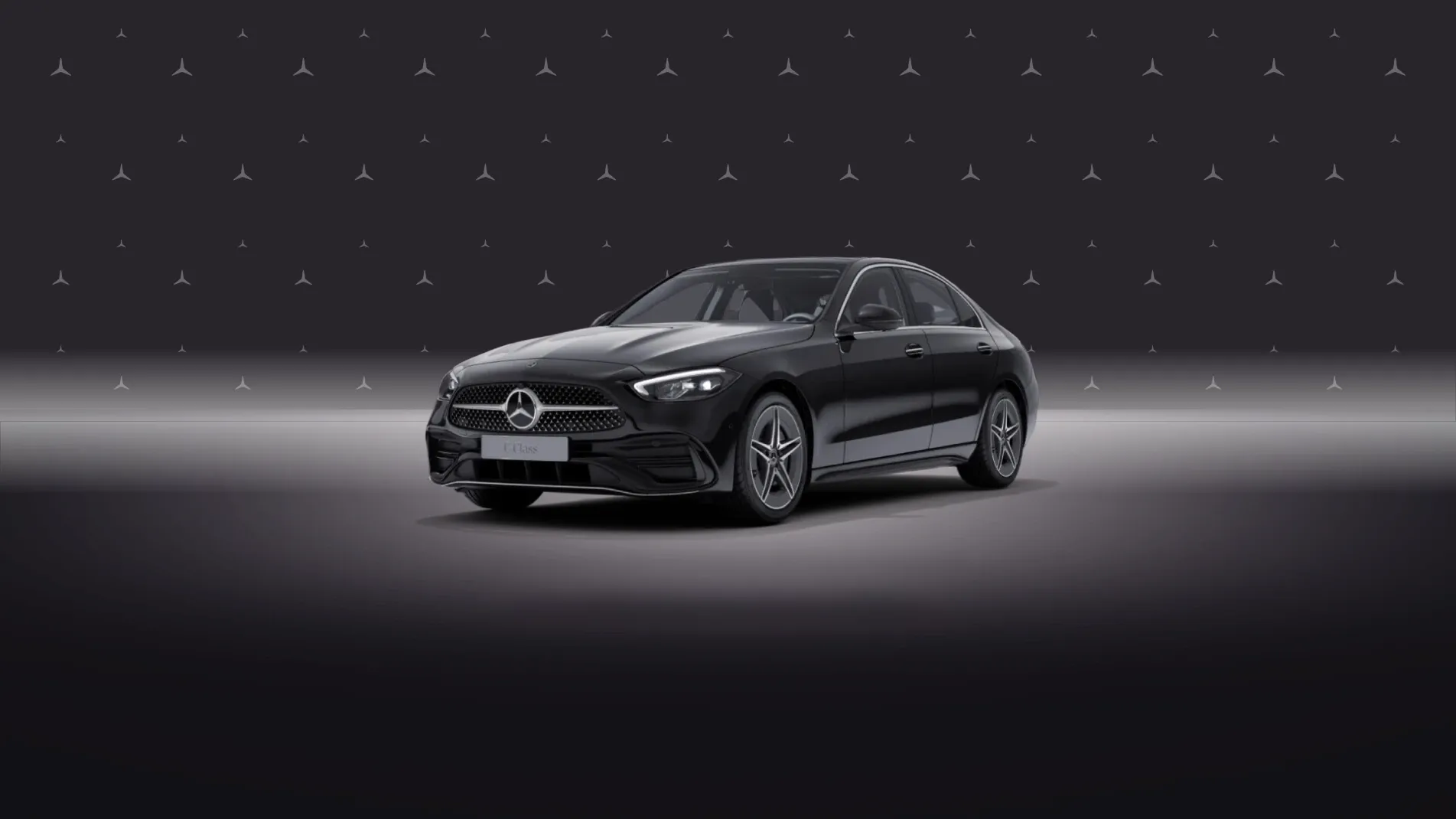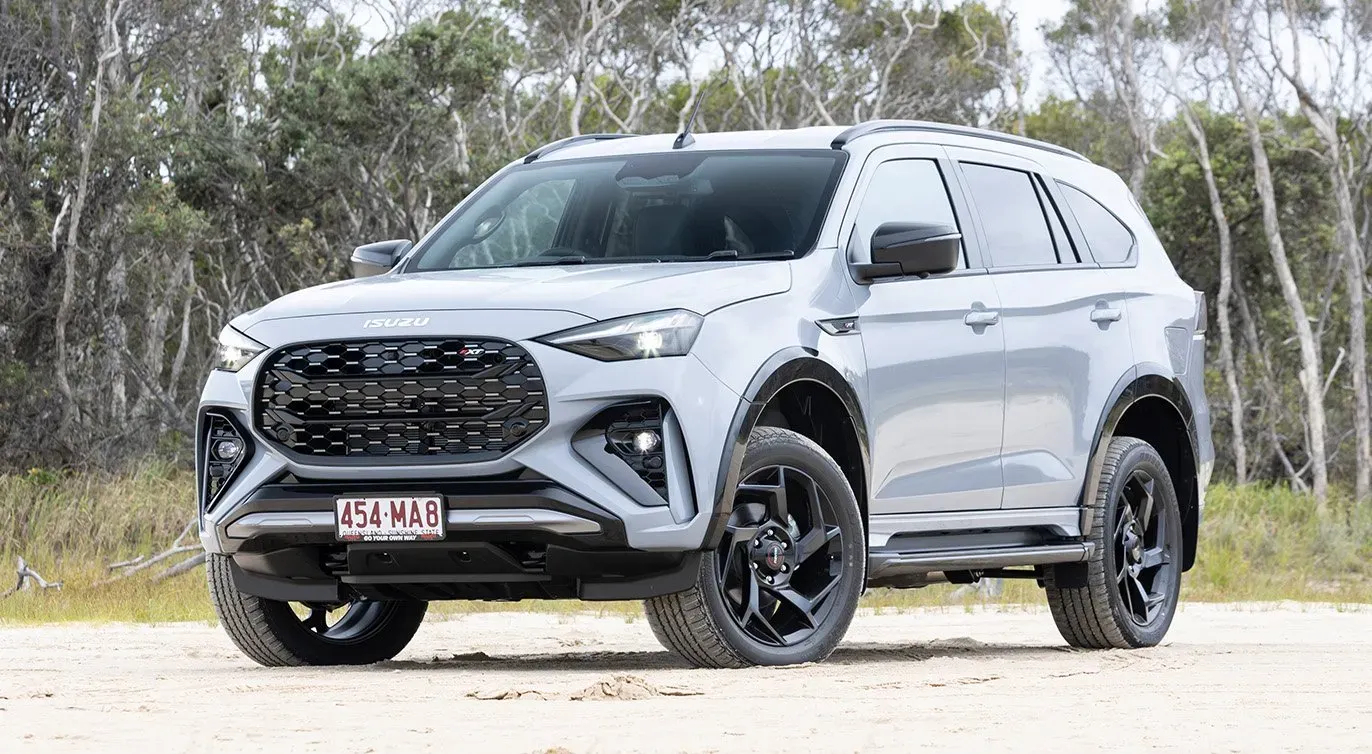Mercedes-Benz has sold its remaining 10% stake in the Denza joint venture to BYD, completely exiting the partnership. The joint venture was originally established in 2010 as a 50-50 partnership between Daimler (now Mercedes-Benz) and BYD.
Mercedes-Benz had already reduced its stake to 10% in 2021 due to poor sales performance. Denza focuses on developing and manufacturing luxury electric vehicles for the Chinese market. Under BYD's leadership, Denza's sales have improved significantly, from 5,000 vehicles in 2021 to 128,000 in 2023.
Mercedes-Benz stated that its technology has not been incorporated into current Denza vehicles. The German automaker remains active in other Chinese joint ventures with companies like Geely and BAIC Motor.
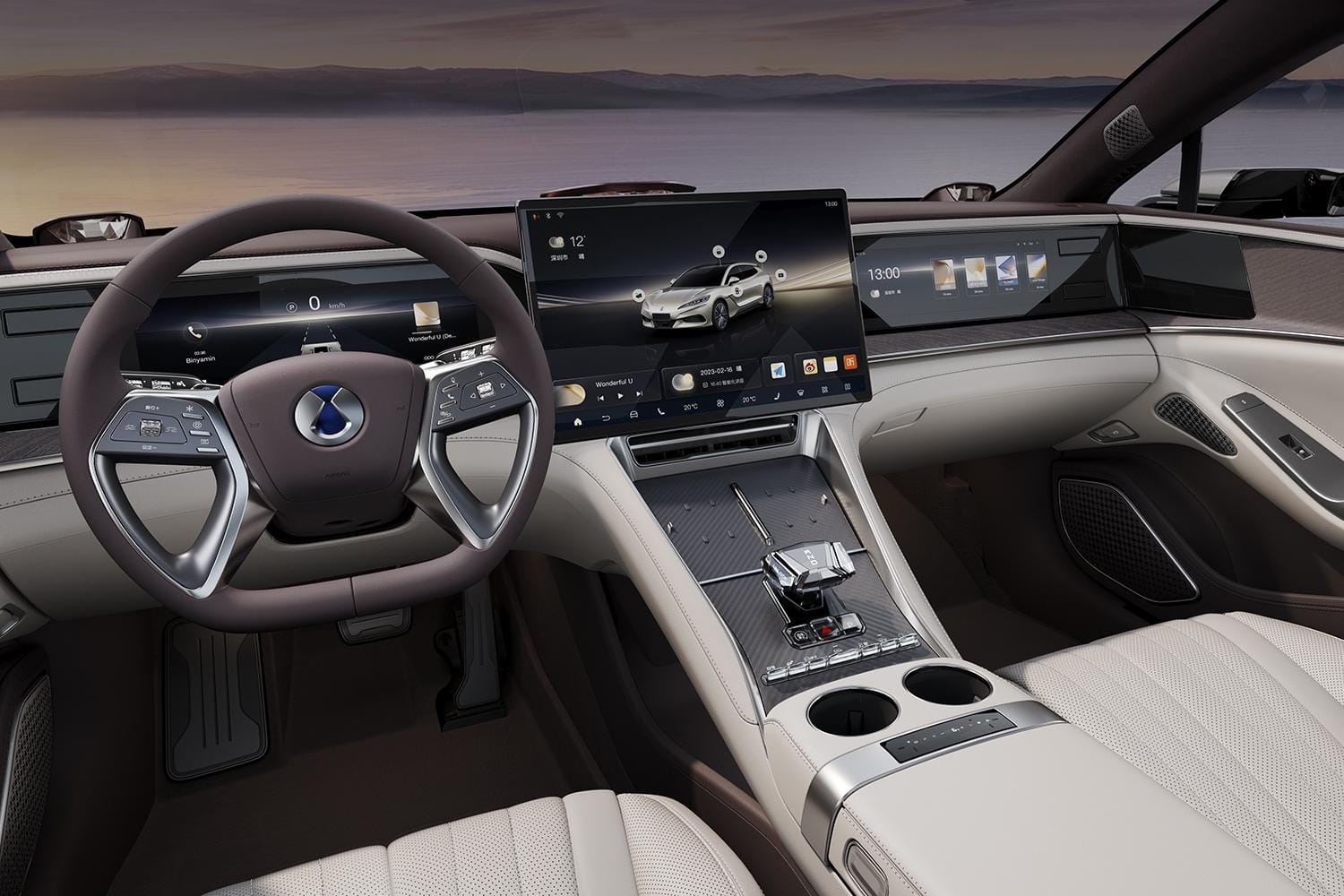
This move comes amid increasing trade tensions and potential tariffs on Chinese-made EVs in markets like the EU and Canada.
Some experts say that this move will cause significant lost to Mercedes-Benz. The following information were cited by some researchers and experts:
- Loss of market share in China By withdrawing from the Denza brand, Mercedes-Benz may lose access to a segment of the Chinese luxury EV market, especially as Denza's sales have improved significantly under BYD's leadership.
- Missed growth opportunities: The EV market in China is rapidly expanding, and Mercedes-Benz may miss out on potential growth by exiting this partnership.
- Competitive disadvantage: BYD is now positioned to compete directly with Mercedes-Benz in the luxury EV segment, potentially using insights gained from the joint venture.
- Reduced local market knowledge: The partnership provided Mercedes-Benz with valuable insights into the Chinese market. Exiting may limit their understanding of local consumer preferences and trends.
- Technology transfer concerns: Although Mercedes stated its technology isn't in current Denza models, there's a risk that some knowledge transfer occurred during the partnership, potentially benefiting a now-competitor.
- Reputational impact: The exit might be perceived negatively by Chinese consumers or officials, potentially affecting Mercedes-Benz's brand image in China.
- Regulatory challenges: Without a local partner, Mercedes-Benz may face increased regulatory scrutiny or challenges in the Chinese market.
- Lost investment: The resources and capital invested in the joint venture over 13 years may not have yielded the expected returns.
- Missed opportunity in emerging markets: As Denza plans to expand globally, Mercedes-Benz may miss out on potential opportunities in other emerging markets where BYD-led Denza might succeed.
On the other hand some experts noted that this decision will be beneficial for the German brand. Some of the advantages cited are the following:
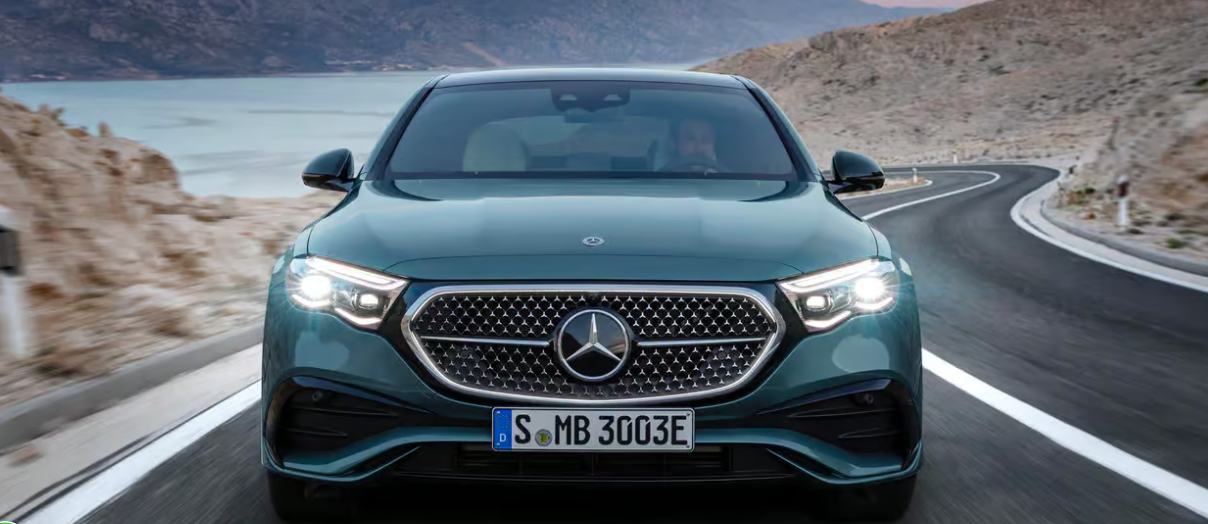
- Resource reallocation: Mercedes-Benz can now focus its resources and efforts on developing its own electric vehicle models, particularly its EQ line of electric vehicles.
- Strategic flexibility: The withdrawal allows Mercedes-Benz to adapt its strategy for the Chinese EV market independently, without the constraints of a joint venture.
- Brand control: By exiting the partnership, Mercedes-Benz can maintain full control over its brand image and technology in the Chinese market.
- Reduced financial risk: The joint venture had struggled with poor sales initially, so exiting may help Mercedes-Benz limit further financial exposure.
- Focus on core competencies: This move allows Mercedes-Benz to concentrate on its strengths in luxury vehicle manufacturing and its own EV technology development.
- Avoiding technology transfer: The company stated that its technology is not featured in current Denza vehicles, potentially preventing unwanted technology transfer to a competitor.
- Alignment with global strategy: This exit may better align with Mercedes-Benz's global EV strategy and its approach to other markets.
- Streamlined operations: Exiting the joint venture could lead to more streamlined decision-making and operations for Mercedes-Benz in China.
- Potential for new partnerships: This move frees up Mercedes-Benz to potentially explore new partnerships or collaborations in the Chinese market if desired.
BYD now has full control of the Denza brand and plans to expand into markets such as Europe and Australia.The exit allows Mercedes-Benz to focus on its own EV strategy and reallocate resources to other initiatives.



